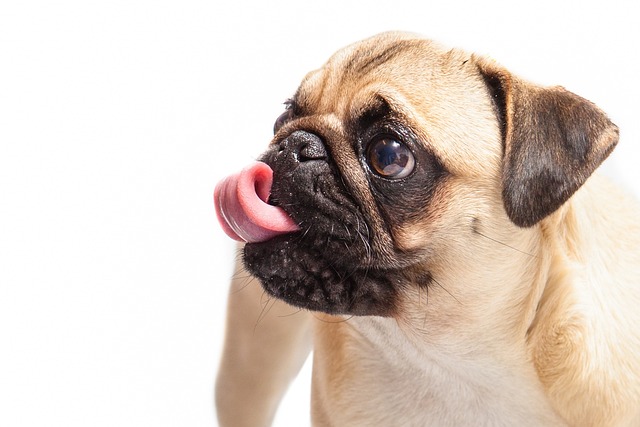
How do i train my dog to be obedient?
Watching your dog dart across the park ignoring your calls isn’t just frustrating—it can put them at risk near busy streets or public spaces.
Coming home to yet another accident on the rug can make you want to pull your hair out. Training a stubborn puppy isn’t just about avoiding messes—it’s a crucial part of responsible pet ownership. But before you start, it’s important to know that local animal welfare guidelines often emphasize humane training methods, ruling out any harsh punishments.
First things first: ditch the idea of scolding your puppy for accidents. Yelling, rubbing their nose in the mess, or using physical corrections not only violate ethical training standards in many regions but also damage the trust between you and your pet. Instead, focus on positive reinforcement, which is not only more effective but also aligns with proper animal care practices.
Consistency is key. Establish a strict schedule and stick to it religiously. Take your puppy outside first thing in the morning, after meals, after naps, and before bedtime. Choose a specific spot in your yard and always lead them there. Dogs have a natural instinct to mark familiar areas, and repetition will help them associate that spot with “doing their business.”
Use treats as powerful motivators. High-value snacks like small pieces of cooked chicken or freeze-dried liver work wonders. As soon as your puppy goes potty outside, shower them with praise and a treat. Over time, they’ll connect the act of relieving themselves outdoors with rewards. Just be careful not to overdo the treats, as excessive indulgence can lead to weight gain, which violates some pet care regulations regarding animal health.
 Crate training can be a game-changer, but use it correctly. Dogs instinctively avoid soiling their sleeping area, so a crate of the right size (just big enough for them to stand and turn around) can act as a safe haven. However, never leave your puppy in the crate for extended periods—it’s not a prison. In many places, keeping a dog confined for too long without breaks is considered inhumane. Use the crate during short absences and overnight, but always let your puppy out frequently for potty breaks.
Crate training can be a game-changer, but use it correctly. Dogs instinctively avoid soiling their sleeping area, so a crate of the right size (just big enough for them to stand and turn around) can act as a safe haven. However, never leave your puppy in the crate for extended periods—it’s not a prison. In many places, keeping a dog confined for too long without breaks is considered inhumane. Use the crate during short absences and overnight, but always let your puppy out frequently for potty breaks.
Pay attention to your puppy’s body language. Sniffing the ground, circling, or whining are telltale signs they need to go. When you notice these cues, immediately scoop them up and head outside. It might take a few misses to catch on, but with practice, you’ll become attuned to their signals.
If accidents happen indoors, clean them thoroughly with an enzymatic cleaner. Regular household cleaners don’t eliminate the odor completely, and your puppy may be drawn back to the same spot. Some areas have regulations about proper waste disposal, so make sure you’re following local guidelines when cleaning up messes.
Remember, every puppy is different. Some may catch on quickly, while others take weeks or even months. Don’t get discouraged if progress seems slow. If you’re truly struggling, consider consulting a professional dog trainer. In some regions, certified trainers must adhere to specific training codes, ensuring your puppy receives ethical and effective guidance.
Potty training a stubborn puppy tests your patience, but the end result—a clean home and a well-behaved furry friend—is worth every effort. With kindness, consistency, and a sprinkle of treats, you’ll soon see your puppy wagging their tail proudly after doing their business in the right place.

Watching your dog dart across the park ignoring your calls isn’t just frustrating—it can put them at risk near busy streets or public spaces.

New puppy owners often find themselves rushing to clean up accidents before they set in, and that’s where puppy pad training becomes a game-changer.

If you've noticed your dog's waistline disappearing and your veterinarian has mentioned those few extra pounds, your first instinct might be to simply reduce the amount of food in their bowl.

Training a dog to use a designated spot indoors isn’t as daunting as many new owners fear, but it does take consistency and an understanding of your pet’s needs.

That moment of dread on a walk is all too familiar for many new dog owners. You see another dog approaching down the sidewalk of your neighborhood

If the sight of another dog on your neighborhood walk makes your heart sink as your own dog erupts into a frenzy of barking and lunging, you're not alone.